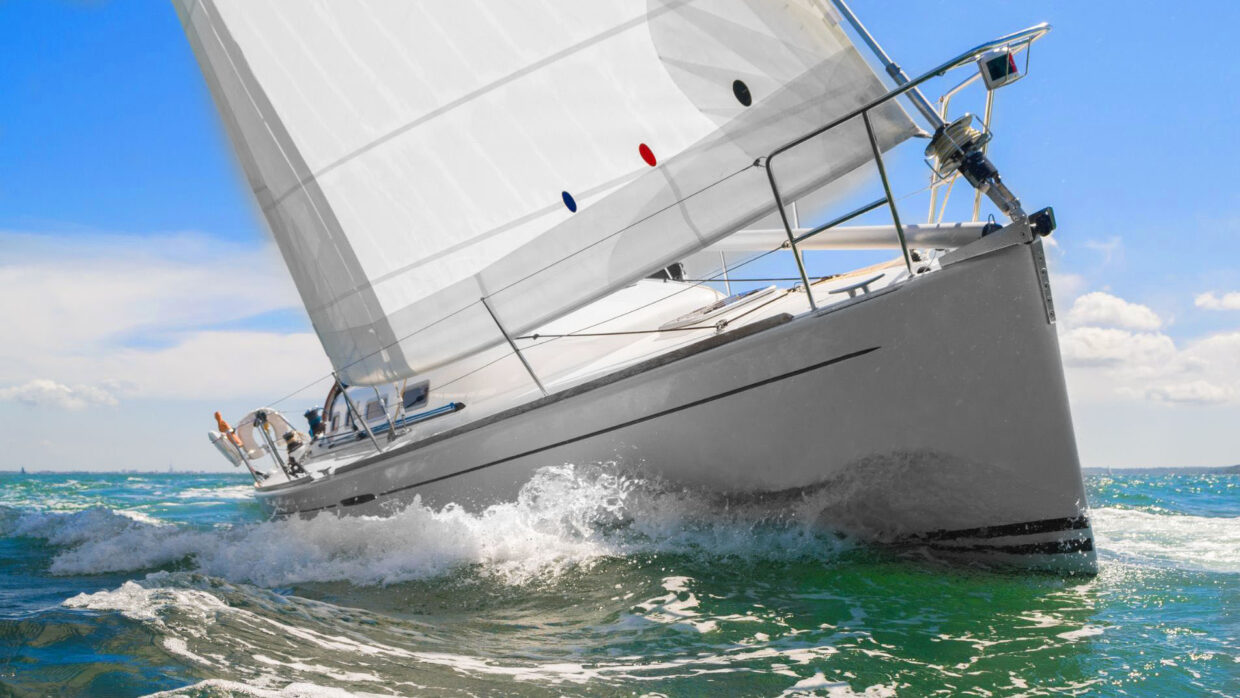Conserving boat fuel will save you money, time and frustration. Though minimizing boat fuel consumption might seem like a daunting challenge, it is within the realm of possibility if you are strategic. We’ve identified several fuel saving tips that will boost your boat fuel efficiency.
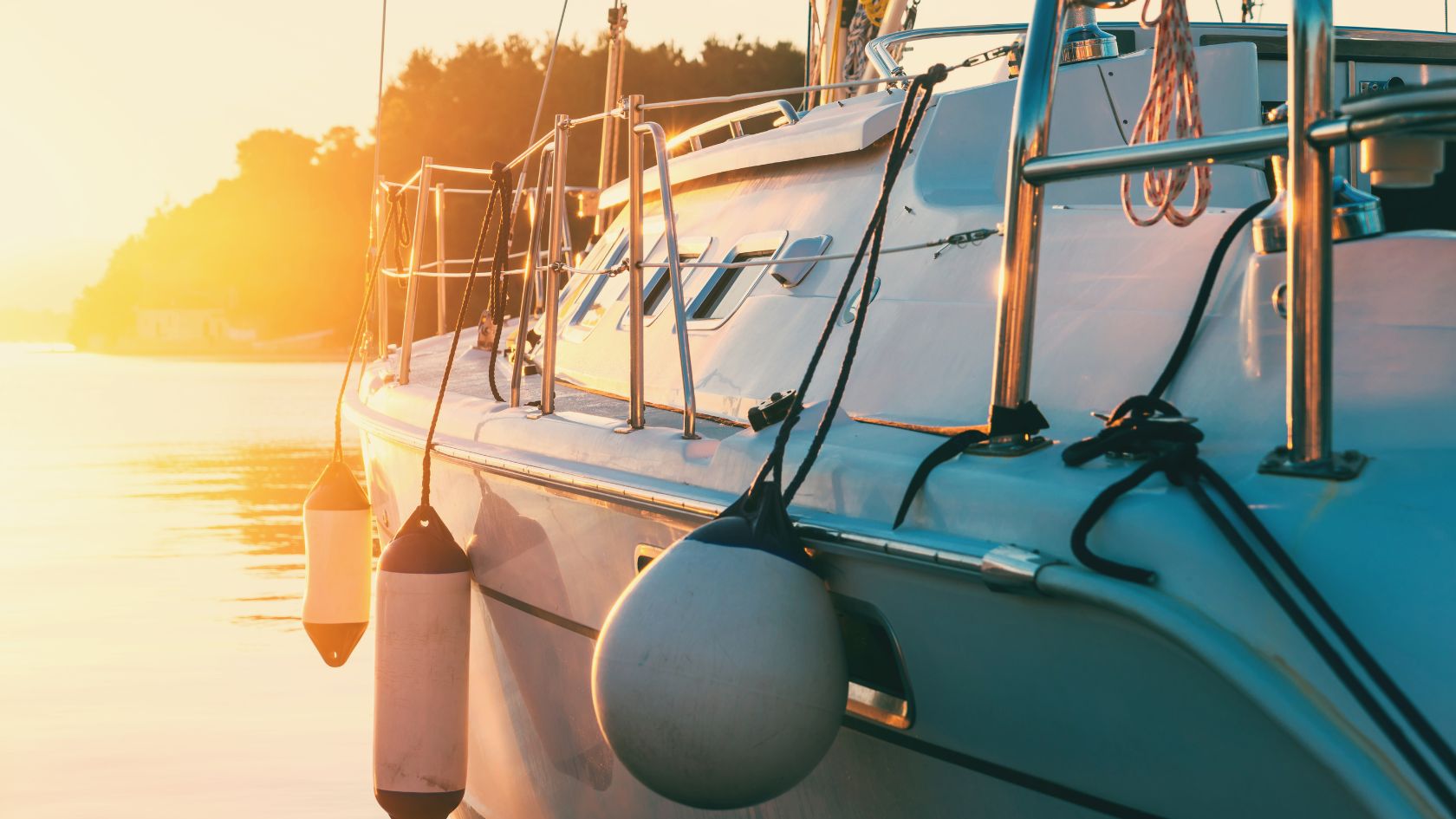
Mind the Propeller
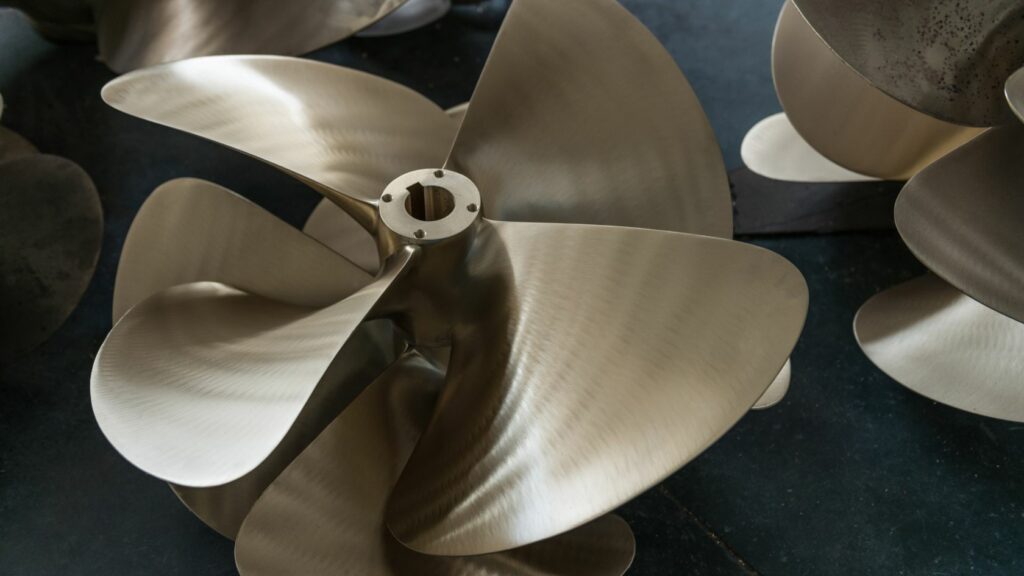
The propeller is out of sight so it is also out of mind. However, the subtleties of your propeller matter a great deal in conserving fuel. A propeller that is in good shape will propel the boat through the water with minimal resistance. Even a slight ding or nick to one of the propeller blades will create resistance that reduces fuel efficiency.
Moreover, a compromised propeller also leads to vibrations and even causes premature engine wear. If you are even slightly suspicious your propeller is dinged or otherwise damaged, have a professional analyze it and perform any necessary repairs or replacement.
Steer With Intelligence

Make an effort to steer smart and you’ll keep your boat fuel consumption to a minimum. Prepare ahead of time, checking the wind, current and swells prior to hitting the water. The messier the chop, the less efficient the boat will be in terms of fuel consumption. Make a concerted effort to avoid harsh water, do not steer the boat into a strong headwinds or opposing current and you really will conserve that much more gasoline.
Pay Attention to the Gauges
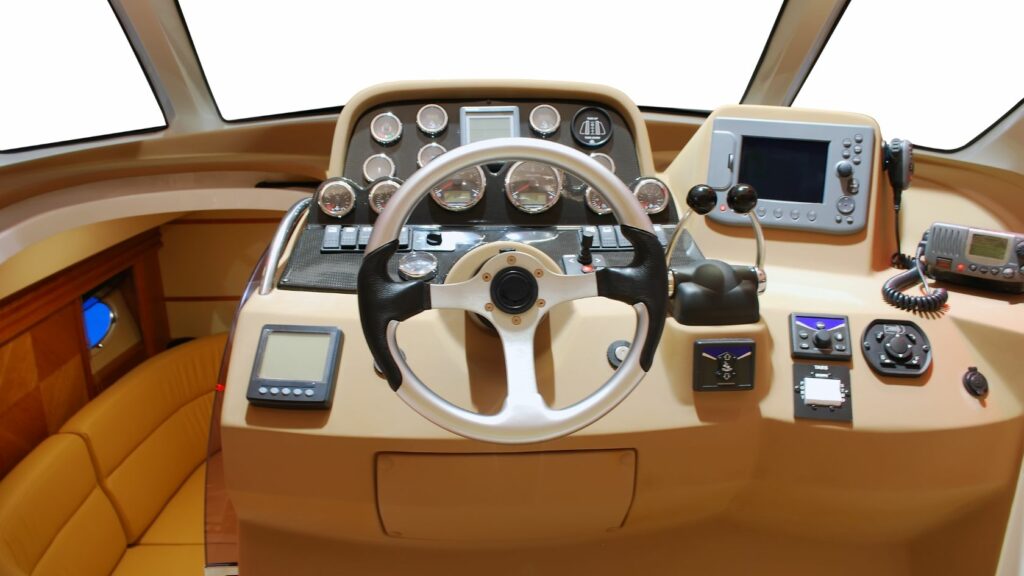
It is now possible to gauge the consumption of fuel in real-time with the use of a fuel flow meter. Such a meter makes it easy to monitor the boat’s performance, setting the stage for the timely alteration of trim and throttle. Keep a close eye on your boat’s speed as well as rpm and you’ll find it is that much easier to reduce fuel consumption.
Become a Minimalist
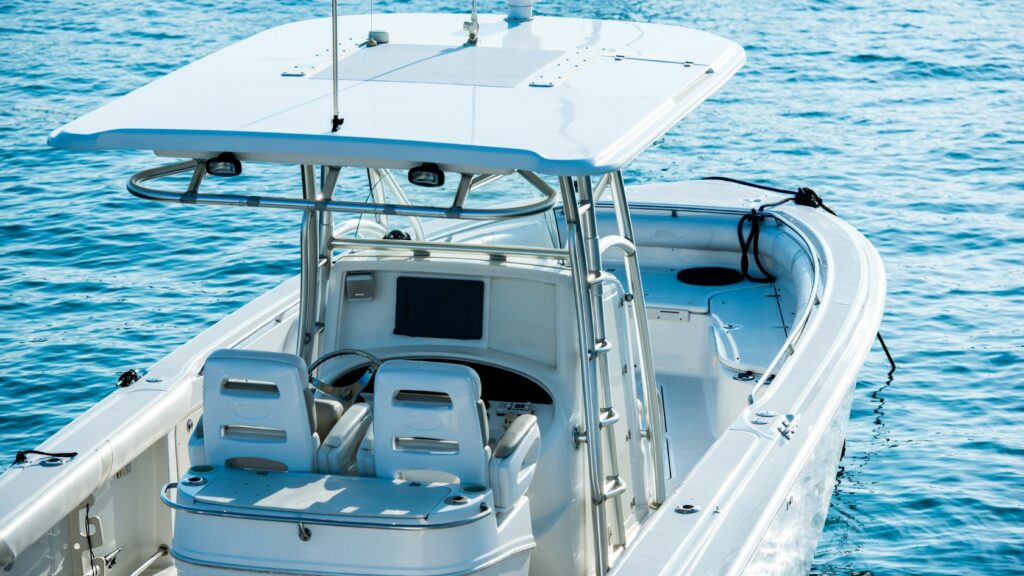
Before departing, perform a once-over of all the items you have onboard. Analyze the entirety of what you are carrying, leaving behind any unnecessary clothing, sustenance and other sundries. The alternative is to keep extra items on board for the boating adventure, unnecessarily weighing the boat down.
There is no sense carrying extra weight that makes the boat work that much harder and consume additional gasoline when you have the option of merely carrying what you absolutely need for the day’s expedition.
Consider Using a Fuel Additive
A fuel additive or fuel treatment will keep your boat’s gas that much fresher, prevent the influx of moisture and also mitigate potential gumming issues. The end result will be greater boat fuel efficiency.
A Clean Boat is a Fuel Efficient Boat
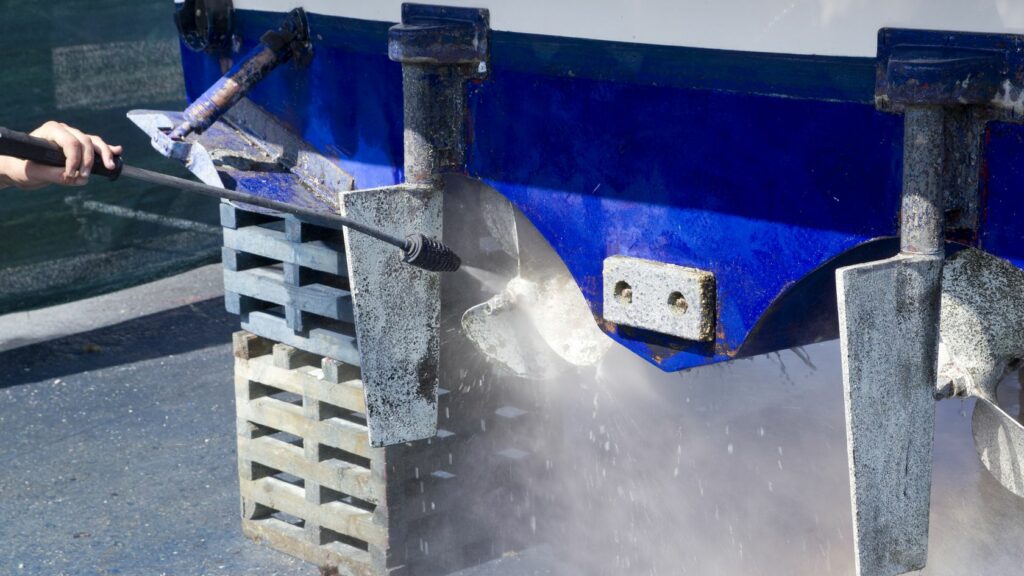
Most boat owners are a bit surprised at that cleanliness makes the list of fuel savings tips. Keep your vessel in tip-top shape and you really will save that much more gasoline. In particular, the hull is especially important. A hull laden with marine growth consumes more gas than it should. Those who keep their vessel in the water for a lengthy period of time should make an effort to combat the buildup of plant material and barnacles as even slight friction will cause fuel inefficiency.
Be proactive and add a coat of specialized anti foul paint to mitigate growth. Do not hesitate to pay a little extra to keep your vessel safely positioned on a trailer within a dry storage space when not in use.
Change the Filters, Plugs and Oil
When was the last time you change your boat’s oil? If you can’t remember, don’t take any chances by heading out to the water for fun in the sun. Be safe rather than sorry by changing the oil along with the spark plugs and air filter.
At a bare minimum, clean the air filter. A clean air filter makes it easier for the engine to breathe with ease and operate at the utmost efficiency. In fact, some boating aficionados swear you can boost fuel efficiency by upward of 10% by addressing clogged air filters.
Minimize Wind Drag
You can reduce the wind drag that compromises fuel efficiency by removing the canvas or other protective gear that guards passengers against the sun’s harmful ultraviolet rays.
Mind the Passenger Seating
If the boat is leaning too far to one side as a result of asymmetrical passenger positioning, make a change. Request that your passengers sit perfectly balanced with even numbers on each side of the boat for even weight distribution. Symmetrical passenger seating creates balance that maximizes the boat’s on-water efficiency, ultimately conserving fuel.
Mind the Engine Run Time
One of the best ways to save fuel is to spend less time adventuring. Plan a shorter trip and you’ll run the engine less, conserving that much more fuel. Though it is certainly tempting to spend the entire day on the water, venturing from one attraction to the next, you might get more enjoyment out of dropping anchor closer to your departure point.
Install a Better Motor
Upgrade your boat’s motor and you’ll save money on fuel. New engines really are that much more efficient than old ones. Though you might not recoup the entire cost of the new engine through reduced fuel consumption, switching to a motor with better fuel economy will save you a bundle of money, improve performance and provide an invaluable peace of mind.
Gauge the Fuel Flow
Add a meter to measure fuel flow to get a sense of the amount of gallons of fuel burned by the engine during each hour of use. Fuel flow meters really do make it that much easier to get a sense of what speed range is ideal for your vessel in the context of fuel efficiency. If you have a relatively new boat, a fuel flow meter might already be installed. However, if your boat is several years or decades old, you’ll likely have to have a fuel flow meter added at a boat shop.
Keep Idling to a Minimum
Excess idling is to be avoided at all costs. Contrary to popular opinion, it does not take much time for new boat engines to warm up. Today’s boats have fuel injected engines, meaning they are ready to explore the water in two minutes or less after starting.
Lighten the Gas and Water Tank
Though it is tempting to hit the water with a full water and fuel tank, doing so is a mistake. Running with a full freshwater tank will bog down the boat as water weighs a surprising eight pounds for each gallon onboard. Resist the temptation to embark on an adventure with a freshwater tank that holds 100 gallons, opting for 50% of that capacity and you’ll conserve fuel.
Gas weighs around six pounds for each gallon. Check your itinerary and you’ll likely find it is unnecessary to carry a full tank of gas to return home safely. Fill up the tank halfway or three-quarters of the way and the lighter weight will make the boat that much more efficient.
Maintain the Engine
Last but not least in our fuel saving tips is boat engine maintenance. Bring your boat to the shop at least once each year for professional service. Comprehensive boat maintenance includes an engine tune-up. Get your boat engine tuned up and you’ll find it really does operate that much more efficiently, conserves more fuel and saves you that much more money on gas as well as potential repairs.
Read related articles:



